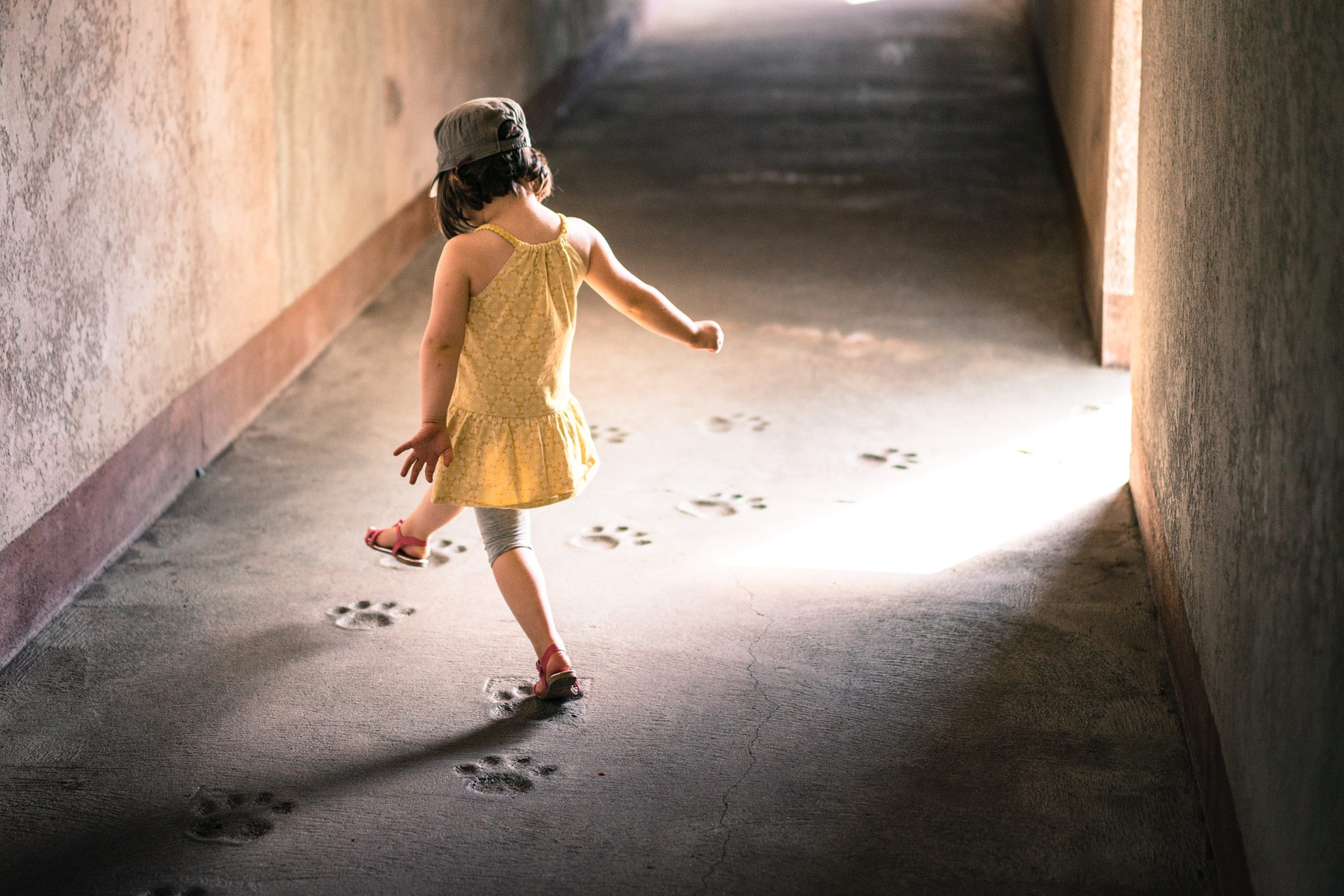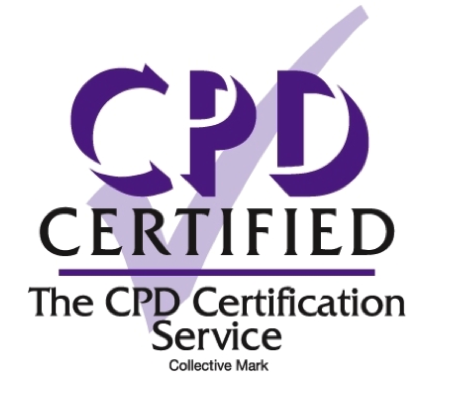When our children are new-borns we cannot do enough for them. In fact we do absolutely everything for them and they are 100% dependent on us. But as time passes in order for our little ones to truly grow and develop we slowly need to make the shift from doing everything for them to allowing them room to do things for themselves. Otherwise our best intentions of trying to help can sabotage their learning outcomes.
Think about learning to walk for example.
This magical milestone is achieved by a parent being a reassuring presence, guiding, supporting and encouraging our little ones to take those few magical steps on their own. We may hold their hands or support them to start but bit by bit we begin to do less as they get more confident until they take those first magical steps unaided. If we carried our children all the time we would sabotage their learning of this crucial life skill and they would never have the opportunity to try.
What about doing your child’s maths homework for them?
The same applies. If you always gave your child the answers you would be sabotaging their learning. As much as you may wish you could take their Maths test for them – you would be sending them in unprepared if you had done all the prep work for them.
Our input as a parent is to guide and to teach. We challenge with questions and explore ideas or help them discover the answer. Its our responsiveness, interaction and collaboration that is important to their learning.
The same concept is applied to all other forms of development from weaning, and potty training through to riding a bike.
Being able to settle to sleep is a form of self regulation. And self regulatory skills are crucial for life. Babies are not born with these skills, but they are born with the potential to develop them and its our job as parents to gently and lovingly help, guide and teach them to master these skills.
We need to create the ideal learning environment and be the supportive relationship our babies need for this development to take place.
But just like carrying your baby all the time will stop them from walking – rocking or cuddling or feeding your baby to sleep all the time will stop them from learning to self-settle for themselves.
From 18 weeks at the earliest and up to 6 months your child will slowly be able to understand the concept of self-settling and it’s a good time to ask yourself how much you are doing vs your little one. How much opportunity are you really giving them to practice this skill before you rescue them and sabotage their learning efforts?
Giving them exposure to practicing this skill for themselves will help them to master this skill and they will be able to draw upon this skill at all other waking’s to help put themselves back to sleep. The result will be a better nights sleep for your whole family.
It’s a good time to get clear on how you want to approach this (and this will be dependent on your little one and their personality, your circumstances and what you feel comfortable with as a parent) and make sure all care-givers of your child are responding with the same consistency to make sure there is no confused learning for them.
Remember even though we want to give our children the world there comes a point where doing it all for them is no longer the best thing for them. When you reach this point focus on being the best teacher, guide, role model and provide a supportive relationship in your child’s life so they can thrive in every way.
What is the best thing you have taught your child so far? I would love to hear below. Leigh.X
Not sure where to start with teaching your little one to self settle?
Book in for a free sleep evaluation call now call here







